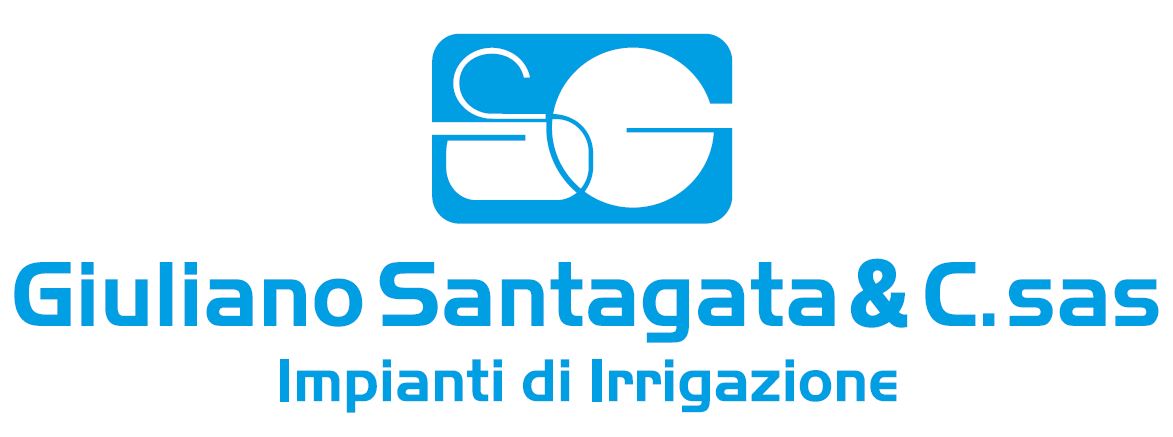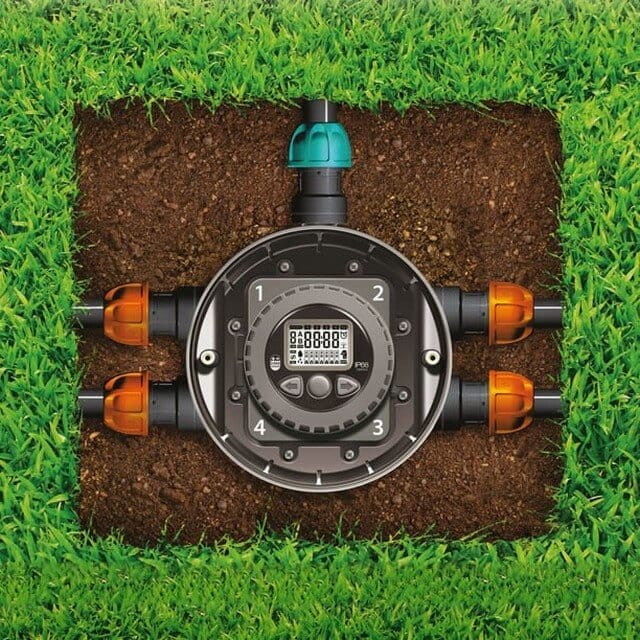In recent years, technological evolution has led to an increasingly frequent use of solenoid valves and water control programmers. Whether we are talking about agricultural irrigation or residential irrigation, the advantages of being able to control the water through a timer are considerable.
In agriculture, for example, the greatest advantage is given by a reduction in costs. Many would think that the cost per se of a solenoid valve is higher than that of a classic manual valve or gate valve and that therefore, on large enough extensions, the price difference on the whole cost of a system would be considerable. Real.
But now let's try to analyze the cost/benefit ratio. First of all we are talking about a durable good and therefore depreciable over several years. You will think that the cost of a gate valve or a valve is too. Right.
But now let's try to analyze all the costs involved in a classic manually opened valve or gate valve.
- First of all the cost of personnel, having a person who turns the water every 3 hours (for example) for each sector involves a considerable cost which affects the economy of a farm.
- Subsequently, another cost that could arise is that determined by possible breakages due to inexperience or distractions; How many times has it happened to close irrigation to a sector without having first opened the next sector? It's happened to everyone at least once.
- Another cost to take into consideration is that of fuel; How can fuel affect the savings given by a solenoid valve? How many times has it happened that you have to go and change the water in a sector and find yourself miles away from your land and then repeatedly have to go up and down to change the water in each sector? Well, considering the current cost of fuel, having the possibility of not having to travel kilometers and kilometers to change irrigation shifts represents a considerable saving that is often not considered ("10 euros of fuel today, 10 tomorrow...at the end month become several").
- Today it is possible to combine your programmers with rain sensors, humidity sensors, volumetric sensors. This represents a great advantage for reducing water waste and therefore economizing on such savings ("savings are the first gain").
- Ultimately, the uniformity of irrigation. Appearance perhaps more important than others. How many times has it happened to delay irrigation shifts or have sectors that are irrigated at night and that perhaps are irrigated less due to distraction (let's call it that but perhaps the more appropriate term would be "laziness")? I often hear farmers talking about lower yields in certain fields. Maybe this can be a factor you don't take into consideration.
We have listed a number of benefits of controller solenoid valves for irrigation control. Now let's analyze the disadvantages. Probably none that comes to mind except the one related to the thefts that "may" take place in some areas. In this case it is possible to equip yourself with solenoid valves that you can possibly bury inside wells and control via a bluetooth programmer to be used with a mobile phone (highly recommended as it is easy and intuitive to use) which allows for less exposure to the human eye.
Well, we have analyzed the advantages and disadvantages, albeit minimal, of the solenoid valves with programmer to be used in the agricultural sector. The same goes for residential use. How many times have you had to go on holiday in August and not know how to water your garden or terrace in your absence? Also in this case, thanks to a simple programmer or garden timer, it is possible to leave carefree and not have any surprises when you return.
To you the choice ;-)

